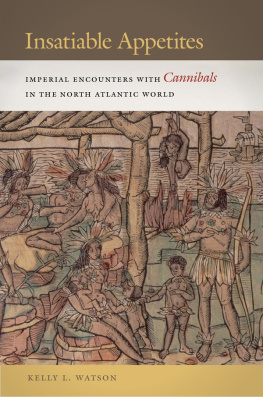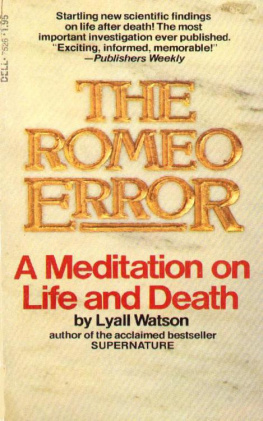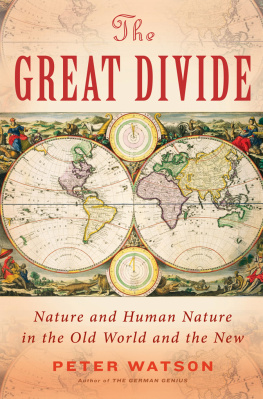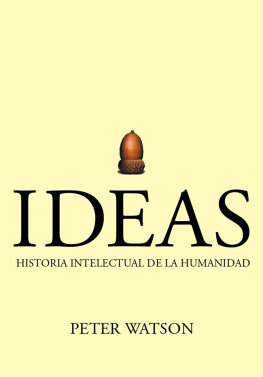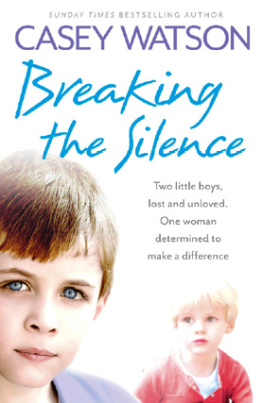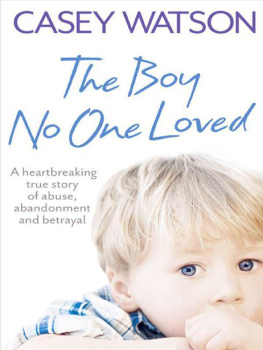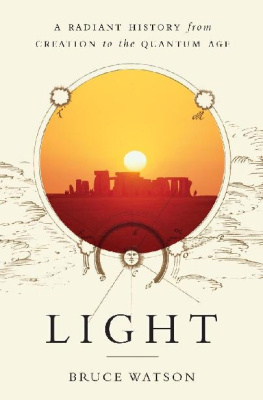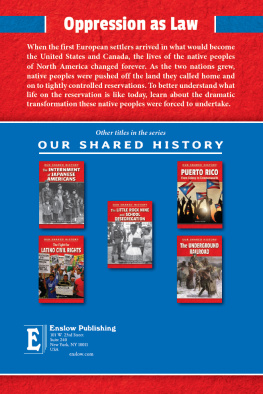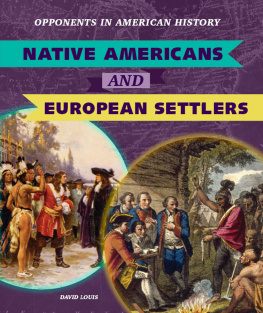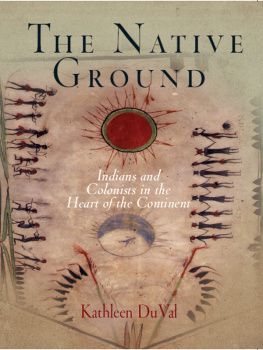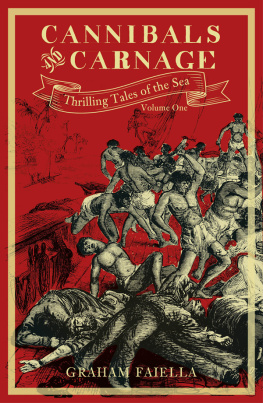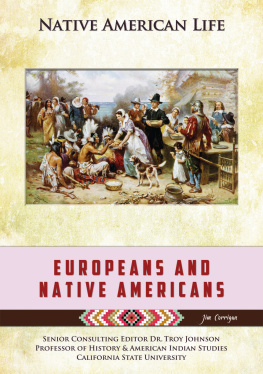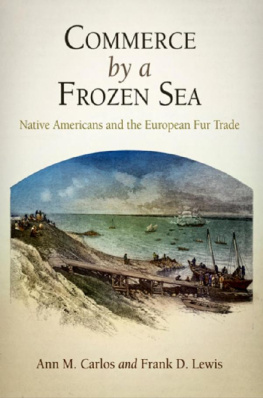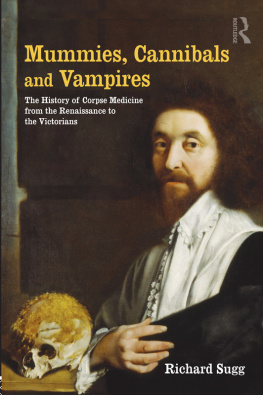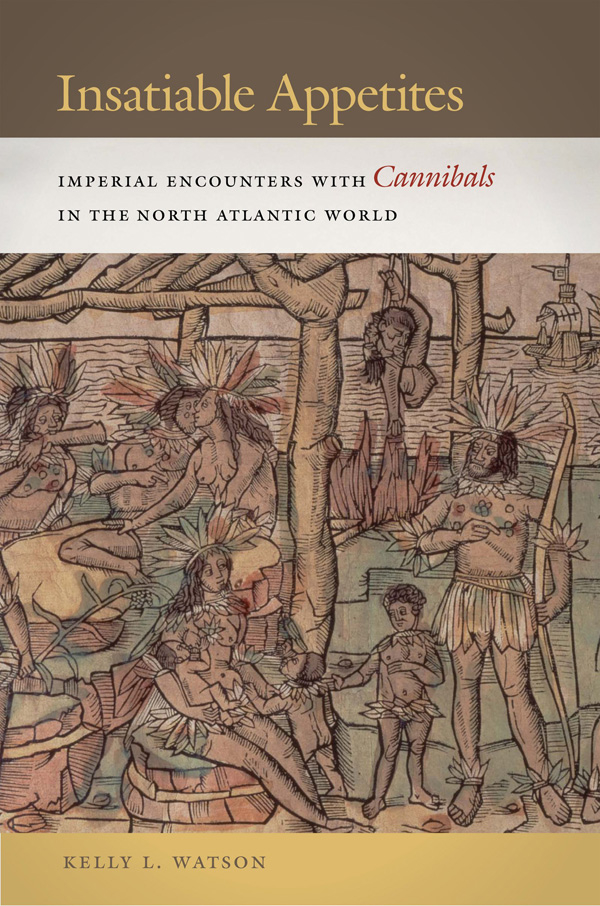
Insatiable Appetites
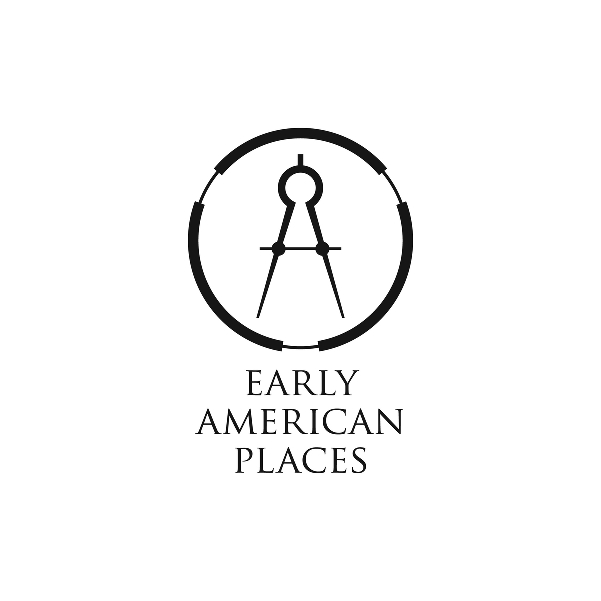
Early American Places is a collaborative project of the University of Georgia Press, New York University Press, Northern Illinois University Press, and the University of Nebraska Press. The series is supported by the Andrew W. Mellon Foundation. For more information, please visit www.earlyamericanplaces.org.
Advisory Board
Vincent Brown, Duke University
Stephanie M. H. Camp, University of Washington
Andrew Cayton, Miami University
Cornelia Hughes Dayton, University of Connecticut
Nicole Eustace, New York University
Amy S. Greenberg, Pennsylvania State University
Ramn A. Gutirrez, University of Chicago
Peter Charles Hoffer, University of Georgia
Karen Ordahl Kupperman, New York University
Joshua Piker, University of Oklahoma
Mark M. Smith, University of South Carolina
Rosemarie Zagarri, George Mason University
Insatiable Appetites
Imperial Encounters with Cannibals in the North Atlantic World
Kelly L. Watson
New York University Press
New York and London
NEW YORK UNIVERSITY PRESS
New York and London
www.nyupress.org
2015 by New York University
All rights reserved
For Library of Congress Cataloging-in-Publication data, please contact the Library of Congress.
References to Internet Web sites (URLs) were accurate at the time of writing. Neither the author nor New York University Press is responsible for URLs that may have expired or changed since the manuscript was prepared.
Contents
I have been asked countless times to explain what possessed me to study cannibalism. My response always feels a bit unsatisfactory, both to me and to the questioner, because the truth is Im not sure. I can pinpoint when the idea for this project came into being, but I cant quite figure out what interested me in the first place. Ultimately I think what drew me to this project and to a fascination with such a macabre subject is a less interesting question than it might seem. If there is one thing that this project has helped me to realize it is that I am not alone in being interested in tales of humans eating one another. Such a fascination has existed for millennia, and if I knew why I would have solved an eternal question of the human condition.
This book represents nearly a decade of thought and work. There are so many people, organizations, and institutions that have assisted me with this project that I am sure I will forget some of them, and for that I preemptively apologize. I have had the privilege of working alongside many wonderful scholars over the years, all of whom have earned my gratitude, including Bill Albertini, Ellen Berry, Rob Buffington, Kim Coates, Ed Danziger, Jeannie Ludlow, Don MacQuarie, Scott Martin, Jeff Myers, and Peter Way. Erin Labbie deserves particular thanks for her mentorship and friendship over the years. Her faith in me and her willingness to go above and beyond the call of duty will inspire and guide me for years to come. I am also thankful for the thoughtful, kind, and generous support of Ruth Herndon, who read my work, answered my questions, and graciously offered assistance whenever I needed it. Without the calm guidance of Susana Pea, you would not be reading these words before you. Her ability to remind me of the questions that really matter is of immeasurable importance. Amilcar Challu is not only a wonderful source of knowledge, suggestions, and assistance, but he has shown me unwavering support and helped to give me the confidence to become a scholar. Thank you to Andy Schocket, who never hesitates to tell me when I need to push myself and my ideas further; a compliment from him means more than the praise of many others combined.
Many of my colleagues and friends helped keep me on track by reading various versions of this text over the years, offering me support, and assisting me with translations, and to them I am eternally grateful. Thank you to Melodee Baines; Karin Barbee; Phil Bird; Jim Buss; Michael Carlson; Leslie Dorrough-Smith; Christine Eisel; Shirley Green; Cassandra Jones; Jennifer Kavetsky; Teresa Lorenz; Jeff Myers; Tracey Osborne; Ken Parsons; Kris Proctor; Charlotte Quinney; Jamie Stuart; Marcia Watson; the participants and organizers of the 2007 Four Corners of the Atlantic, 15002000 Interdisciplinary Atlantic Studies Workshop at the University of Michigan and Michigan State University; and the participants and organizers of the 2012 Race, Gender, and Sexualities in the Atlantic World Symposium through the Carolina Lowcountry in the Atlantic World Program at the College of Charleston.
I owe a debt of thanks to all of my friends and colleagues at Avila University, Bowling Green State University, and Saint Marys College. I am forever thankful for their friendship, support, love, and trust. I am also indebted to Avila University for the generous course releases that allowed me to put the finishing touches on this book.
I would like to thank the staff at the Bowling Green State University Library, the John Carter Brown Library, the New York Public Library, and the countless other libraries whose holdings I consulted. Libraries are a vital part of our world that we should never take for granted.
This project would not have been possible without the generous grant from the Andrew W. Mellon Foundation to establish the Early American Places series. I would also like to thank the editorial staff at New York University Press, Clara Platter and Constance Grady as well as Debbie Gershenowitz for her guidance in the early stages. Additionally I owe a great debt to the anonymous reviewers of this manuscript for their helpful and challenging feedback.
Finally, thank you to my family, who deserve the biggest thanks of all for putting up with me over the years: my parents, Wanda and Bill Watson, who have always shown me incomparable support, love, and honesty; my brother and sister, who not only are wonderful specimens of humanity but always keep me honest; my parents-in-law, Lois and Terry Zeh, who opened their house and their hearts to me so generously. They all deserve great thanks. I would also like to thank the DeGranges, who have always been like a second family to me. And I cannot express my gratitude adequately to my partner in life, Jason Zeh, for making me a better person and for always reminding me that I can do it.
I think there is nothing barbarous and savage in that nation, from what I have been told, except that each man calls barbarism whatever is not his own practices; for indeed it seems that we have no other test of truth and reason than the example and pattern of opinions and customs of the country we live in. There is always the perfect religion, the perfect government, the perfect and accomplished manners in all things.
Michel De Montaigne, Of Cannibals, 1580
In his famous essay Of Cannibals, Michel de Montaigne argues that Western societies rarely judge other cultures on their own terms.
Despite the seriousness of his argument for cultural relativism, Montaigne was not without a sense of humor. He ends the essay with this clever line: All this is not too badbut whats the use? They dont wear breeches. A lack of proper clothing was a common descriptor of savagery in medieval and early modern Europe, but Montaigne underscores the absurdity of this assumption. Simply because they did not don clothing, should Indians be assigned a lower place in the hierarchy of humanity? Of Cannibals, written in 1580, was an important essay and shaped intellectual thought about imperialism and cannibalism in Europe, but beyond that it also demonstrates the inevitable tensions that resulted when Europeans encountered cannibals.

